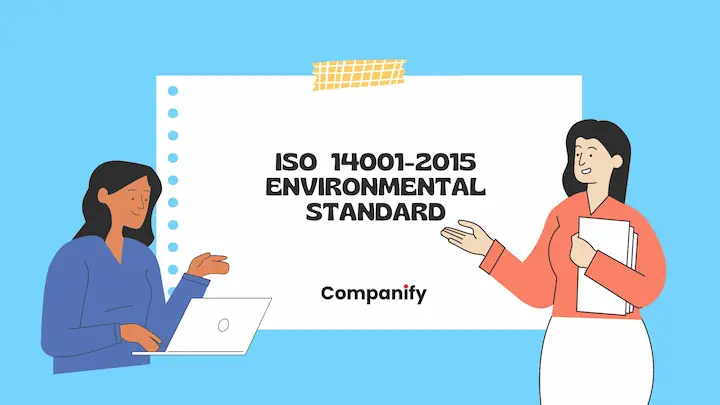

Environmental Standard
ISO 14001-2015 Certification (Environmental Standard)
ISO 14001:2015 is an international standard for environmental management systems. It is designed to help organizations improve their environmental performance by setting out a framework for managing and reducing their environmental impact. The standard is based on the Plan-Do-Check-Act (PDCA) cycle and provides a systematic approach to identifying and controlling the environmental aspects of an organization's activities, products, or services. Organizations can use the standard to demonstrate their commitment to environmental protection and to improve their environmental performance over time.
Benefits of ISO 14001-2015 Standard
1 Improved environmental performance: ISO 14001:2015 provides a framework for identifying and controlling the environmental aspects of an organization's activities, products, or services. This can help organizations to reduce their environmental impact and improve their overall environmental performance.
2 Legal compliance: By implementing an EMS based on ISO 14001:2015, organizations can ensure that they are meeting their legal and regulatory requirements related to environmental management.
3 Increased efficiency: An EMS can help organizations to identify and address environmental issues in a systematic and efficient manner, which can lead to cost savings and increased efficiency.
4 Improved reputation: Organizations that implement an EMS based on ISO 14001:2015 can demonstrate their commitment to environmental protection and sustainability, which can improve their reputation and credibility with customers, suppliers, and other stakeholders.
5 Increased competitiveness: Organizations that have an EMS in place can be more competitive in tenders and contracts, as more and more customers and suppliers are looking for partners with a good environmental management system.
6 Continual improvement: ISO 14001:2015 encourages organizations to continually improve their environmental performance, which can help them to stay ahead of changing regulations and market trends.
Accreditation and certification
whilst accreditation is independent third-party recognition that an organization has the competence and impartiality to perform specific technical activities such as certification, testing, and inspection. | certification is the third-party confirmation via an audit of an organization's systems or products |
Importance of ISO ISO 14001:2015 Environmental Standard
ISO 14001:2015 is a widely used and well-established standard for environmental management systems, and many organizations have found it to be effective in helping them to improve their environmental performance. The standard provides a framework for identifying and controlling the environmental aspects of an organization's activities, products, or services, which can help organizations to reduce their environmental impact and improve their overall environmental performance.
However, the effectiveness of an environmental management system (EMS) based on ISO 14001:2015 will depend on several factors, including the organization's commitment to environmental protection, the quality of the implementation, and the effectiveness of the ongoing management and improvement of the EMS. An EMS that is implemented as a box-ticking exercise or just to pass the certification audit will not be effective.
It is important to note that ISO 14001:2015 is a management system standard, and as such, it is not a guarantee of specific environmental performance or outcomes. The standard provides a framework for organizations to manage their environmental aspects in an effective way, but the effectiveness of the system depends on the actions and decisions of the organization.
Overall, ISO 14001:2015 can be an effective tool for organizations to improve their environmental performance, but it is important that the standard is implemented in a meaningful and sustainable way, and that the organization is committed to ongoing improvement.

